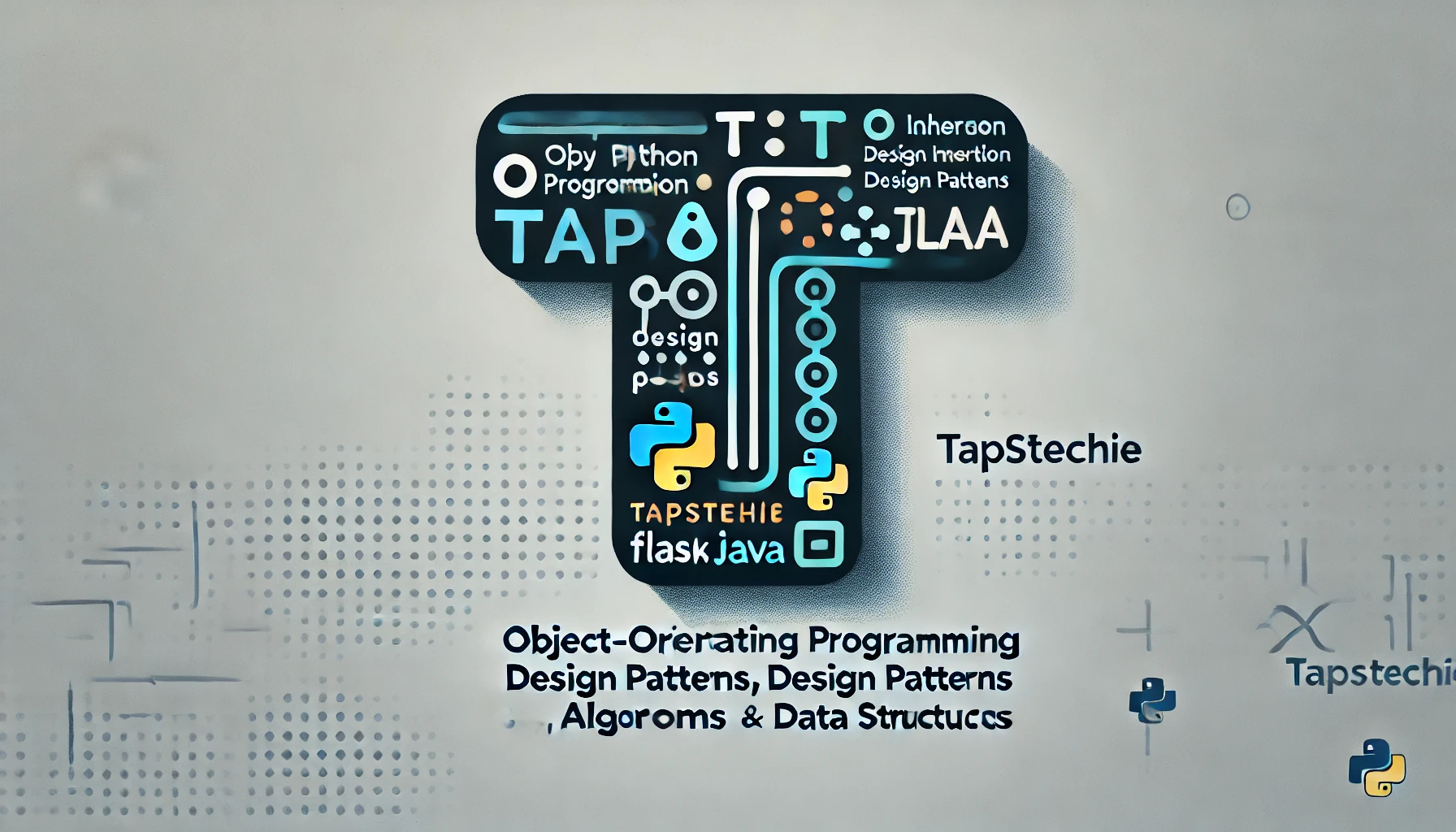Enhancing Python Code Quality with an Automated Analyzer
 Tarun Sharma
Tarun Sharma
Introduction
In software development, maintaining high code quality is crucial. However, manually ensuring that every piece of code adheres to best practices can be tedious and error-prone. This is where automated code quality analyzers come into play. Today, I'm excited to introduce my latest project—a Python Code Quality Analyzer designed to streamline the process of analyzing and improving your Python codebase.
Problem Statement
As developers, we often find ourselves juggling multiple tasks—writing code, reviewing pull requests, fixing bugs, and more. With so much on our plates, it's easy to overlook certain code quality issues, especially in large projects. Ensuring that every line of code follows the necessary guidelines, adheres to best practices, and is free of bugs can be daunting. The need for a tool that can automatically analyze and highlight these issues becomes apparent.
Project Overview
The Python Code Quality Analyzer is an open-source tool built to tackle the challenges mentioned above. This project aims to provide developers with an easy-to-use, extendable, and efficient way to assess their Python code for common issues.
Key Features
Pylint Analyzer: Checks for coding standard violations and potential issues.
Flake8 Analyzer: Enforces style guide adherence and detects programming errors.
Bandit Analyzer: Scans code for security vulnerabilities.
MyPy Analyzer: Verifies type correctness in Python code.
Isort Analyzer: Ensures that imports are correctly sorted.
Vulture Analyzer: Detects dead code that can be removed.
Safety Analyzer: Scans dependencies for known security vulnerabilities.
Report Generation: Generates detailed reports in HTML, JSON, Markdown, and PDF formats.
Customizable: Users can configure which analyzers to run and disable specific rules via a YAML configuration file.
How We Built It
The development process involved several key steps:
Setting Up the Analyzers:
We integrated popular Python analyzers such as Pylint, Flake8, Bandit, MyPy, Isort, Vulture, and Safety.
Each analyzer was configured to run independently, with results aggregated into a comprehensive report.
Configurable via YAML:
- We introduced a
config.yamlfile where users can specify which analyzers to run and define custom rules (e.g., disabling specific Pylint warnings).
- We introduced a
Report Generation:
- The tool supports multiple report formats. We designed the reporting system to be extensible, allowing easy addition of new formats as needed.
Extensibility:
- The project is modular, meaning new analyzers or report formats can be added with minimal changes to the existing codebase.
Current Features
The tool currently supports:
Code Quality Analysis: Automatically runs the selected analyzers on your codebase.
Multiple Report Formats: Generates reports in HTML, JSON, Markdown, and PDF.
Configuration Flexibility: Allows customization of analyzer rules via a YAML file.
Dead Code Detection: Identifies unused code that can be safely removed.
Security Vulnerability Scanning: Alerts you to known vulnerabilities in your dependencies.
Future Plans
As the project continues to evolve, here are some features we plan to implement:
AI-Enhanced Analysis: Integrating AI to provide more insightful recommendations, such as refactoring suggestions and detecting complex code smells.
Continuous Integration: Setting up GitHub Actions to automate the analysis process for every commit or pull request.
Integration with IDEs: Developing plugins for popular IDEs like PyCharm and VSCode to provide real-time feedback as you code.
Community Contributions: Encouraging developers to contribute new analyzers, report formats, or enhancements to the existing system.
Conclusion
The Python Code Quality Analyzer is more than just a tool—it's a step towards automating and improving the way we write and maintain Python code. Whether you're working on a small project or managing a large codebase, this analyzer can help you maintain high standards and catch issues early. I invite you to explore the project on GitHub, contribute, and share your feedback.
For more details, check out the GitHub repository and join the discussion to help shape the future of this tool.
Subscribe to my newsletter
Read articles from Tarun Sharma directly inside your inbox. Subscribe to the newsletter, and don't miss out.
Written by

Tarun Sharma
Tarun Sharma
Hi there! I’m Tarun, a Senior Software Engineer with a passion for technology and coding. With experience in Python, Java, and various backend development practices, I’ve spent years honing my skills and working on exciting projects. On this blog, you’ll find insights, tips, and tutorials on topics ranging from object-oriented programming to tech trends and interview prep. My goal is to share valuable knowledge and practical advice to help fellow developers grow and succeed. When I’m not coding, you can find me exploring new tech trends, working on personal projects, or enjoying a good cup of coffee. Thanks for stopping by, and I hope you find my content helpful!